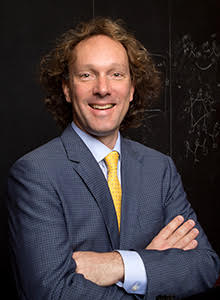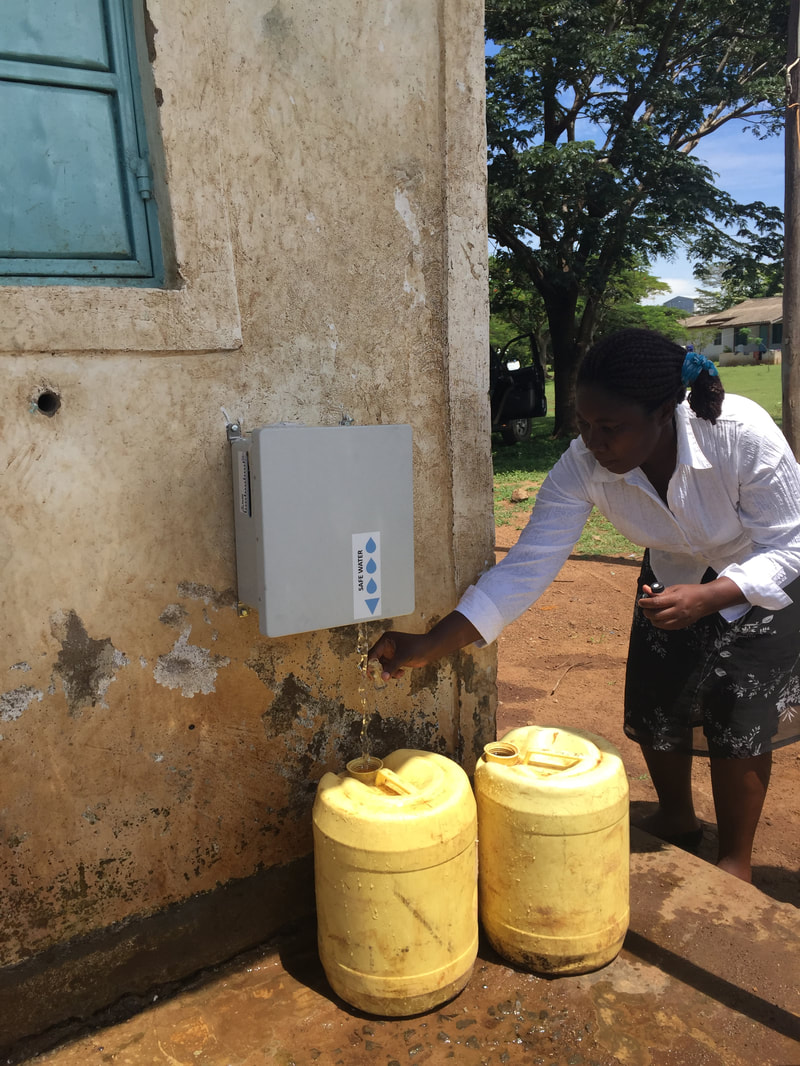 Daniel Fletcher, Blum Center Associate Director of Research, CellScope inventor, and Berkeley bioengineering faculty since 2002, has been named the new Faculty Director for the Blum Center for Developing Economies at UC Berkeley. The position will start on July 1.
Since 2018, Dan has served as Associate Director of the Blum Center, leading an expansive research portfolio and supporting the Big Ideas program, the premier social impact ecosystem for students at UC Berkeley. Dan is also the Founder and Director of the Health Tech CoLab, a new multidisciplinary collaboration space in Blum Hall working to increase access to healthcare by accelerating the development of health technologies. The CoLab is the “first pillar” of the College of Engineering’s “Engineering Better Health” Initiative, for which he serves as special advisor to the college.
Dan is the Chatterjee Professor of Bioengineering and Biophysics and a faculty member of the Bioengineering Department, an affiliated faculty of the Molecular and Cell Biology Department, and a Visiting Investigator of the Gladstone Institutes at UCSF. He is also a Chan-Zuckerberg Biohub Investigator, Faculty Scientist at Lawrence Berkeley National Laboratory, member of QB3 Berkeley, and Co-director of the Physiology course at the Marine Biological Laboratory.
He and his research laboratory develop new technologies to study the role of mechanics in biology and detect diseases in low-resource settings. Their cell biological work is identifying how molecular-scale forces drive spatial organization and movement of immune cells and pathogens, and their diagnostic work is introducing new mobile tools to fight infectious diseases with collaborators around the world.
He received a DPhil from Oxford University, where he was a Rhodes Scholar, a PhD from Stanford University, where he was an NSF Graduate Research Fellow, and a BS from Princeton University. His research has received an NSF CAREER Award, a National Inventors Hall of Fame Collegiate Award, and was designated “Best of What’s New” by Popular Science magazine, among other awards. He has been a Miller Professor, a Bakar Fellow, a Hellman Fellow, and served as a White House Fellow during the Obama administration.
“My work at the Blum Center is inspired by the Center’s mission to spur innovation, scholarship, and entrepreneurship to improve lives,” said Fletcher, “I am honored and eager to take on the challenges of directing the Center’s efforts to further expand our impact.”
Daniel Fletcher, Blum Center Associate Director of Research, CellScope inventor, and Berkeley bioengineering faculty since 2002, has been named the new Faculty Director for the Blum Center for Developing Economies at UC Berkeley. The position will start on July 1.
Since 2018, Dan has served as Associate Director of the Blum Center, leading an expansive research portfolio and supporting the Big Ideas program, the premier social impact ecosystem for students at UC Berkeley. Dan is also the Founder and Director of the Health Tech CoLab, a new multidisciplinary collaboration space in Blum Hall working to increase access to healthcare by accelerating the development of health technologies. The CoLab is the “first pillar” of the College of Engineering’s “Engineering Better Health” Initiative, for which he serves as special advisor to the college.
Dan is the Chatterjee Professor of Bioengineering and Biophysics and a faculty member of the Bioengineering Department, an affiliated faculty of the Molecular and Cell Biology Department, and a Visiting Investigator of the Gladstone Institutes at UCSF. He is also a Chan-Zuckerberg Biohub Investigator, Faculty Scientist at Lawrence Berkeley National Laboratory, member of QB3 Berkeley, and Co-director of the Physiology course at the Marine Biological Laboratory.
He and his research laboratory develop new technologies to study the role of mechanics in biology and detect diseases in low-resource settings. Their cell biological work is identifying how molecular-scale forces drive spatial organization and movement of immune cells and pathogens, and their diagnostic work is introducing new mobile tools to fight infectious diseases with collaborators around the world.
He received a DPhil from Oxford University, where he was a Rhodes Scholar, a PhD from Stanford University, where he was an NSF Graduate Research Fellow, and a BS from Princeton University. His research has received an NSF CAREER Award, a National Inventors Hall of Fame Collegiate Award, and was designated “Best of What’s New” by Popular Science magazine, among other awards. He has been a Miller Professor, a Bakar Fellow, a Hellman Fellow, and served as a White House Fellow during the Obama administration.
“My work at the Blum Center is inspired by the Center’s mission to spur innovation, scholarship, and entrepreneurship to improve lives,” said Fletcher, “I am honored and eager to take on the challenges of directing the Center’s efforts to further expand our impact.” Dan Fletcher named Blum Center Faculty Director
Daniel Fletcher, Blum Center Associate Director of Research, CellScope inventor, and Berkeley bioengineering faculty since 2002, has been named the new Faculty Director for the Blum Center for Developing Economies at UC Berkeley. The position will start on July 1.



